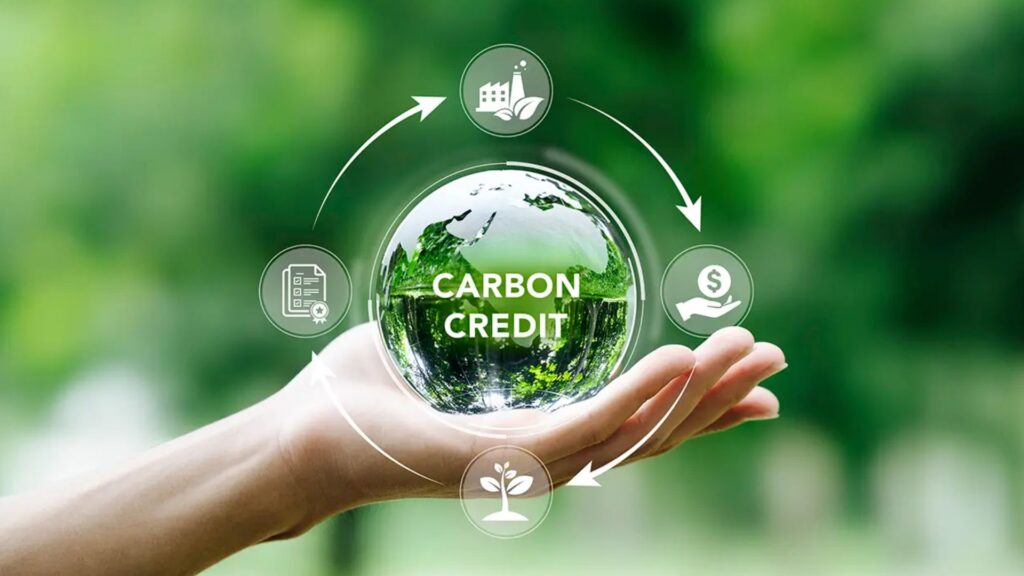The global push towards decarbonization has intensified the role of carbon credits in sustainable business strategy. Carbon credits, representing the right to emit one metric ton of carbon dioxide or its equivalent, are now a cornerstone in climate-conscious corporate frameworks. These credits serve not only as a compliance mechanism under regulatory frameworks like the EU Emissions Trading System but also as a key component in voluntary offset markets. As businesses face growing pressure from investors, consumers, and regulators to reduce their carbon footprint, carbon credits offer a flexible and scalable solution to bridge the gap between current emissions and long-term net-zero targets.
Major corporations such as Microsoft, Shell, and Amazon are actively investing in carbon credits to offset emissions while funding renewable energy, forest conservation and carbon removal technologies. The global voluntary carbon market exceeded $2 billion in 2023 and is expected to reach $250 billion by 2050, highlighting the growing corporate dedication to environmental, social, and governance (ESG) priorities. Moreover, carbon credits are increasingly integrated into ESG ratings, supply chain evaluations, and green financing instruments like sustainability-linked bonds and loans.
The effectiveness of carbon credits relies on transparent processes and credibility. Concerns regarding double-counting, non-additionality and poor verification have prompted efforts by organizations to establish stringent standards. Blockchain-based tracking systems and third-party audits are also enhancing trust and accountability in the ecosystem.
In the Indian context, carbon credits are gaining momentum through policy and private sector collaboration. India’s Perform, Achieve and Trade (PAT) scheme– an energy efficiency trading mechanism—has been expanded, and the country is set to launch a formal carbon market by 2026. Indian companies like Tata, Reliance and Adani are investing in carbon offset projects ranging from afforestation to renewable energy. These initiatives support India’s larger goal of reaching net-zero emissions by 2070.
Carbon credits are rapidly evolving from a compliance tool into a strategic asset. Businesses that embrace them responsibly are not only mitigating risk but also seizing competitive advantage in the green economy.

